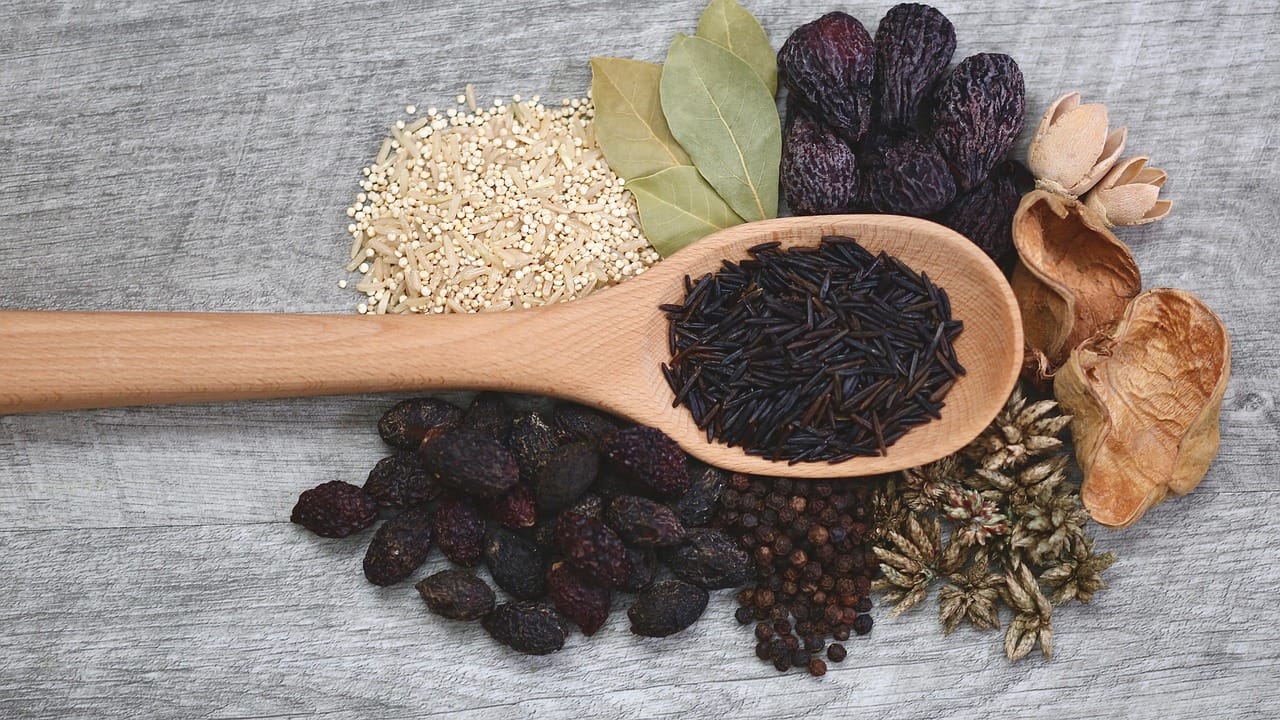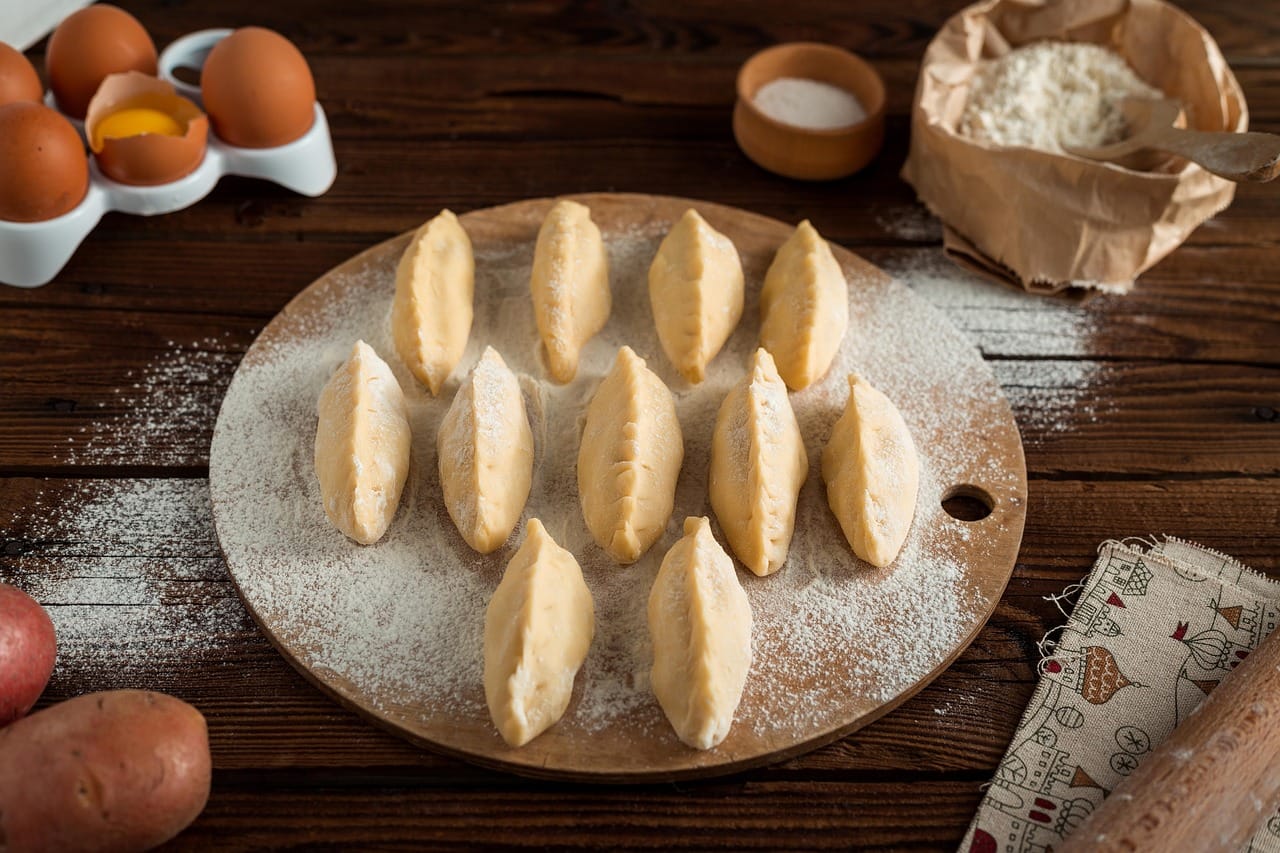Chicken skewers: they’re the quintessential crowd-pleaser, a blank canvas for culinary creativity, and surprisingly simple to master. Whether you’re firing up the grill for a summer BBQ, seeking a quick and easy weeknight dinner, or looking for the perfect appetizer, chicken skewers offer a world of flavor possibilities on a single stick. Let’s dive into the art of crafting the perfect chicken skewer, from selecting the right ingredients to grilling them to perfection.
Choosing Your Chicken and Cut
Selecting the Best Chicken
The foundation of a great chicken skewer is, of course, the chicken itself. Opt for boneless, skinless chicken breasts or thighs. Thigh meat tends to be more forgiving on the grill, remaining juicy even if slightly overcooked, while chicken breast offers a leaner option.
- Chicken Breast: Lean, cooks quickly, best when marinated to retain moisture.
- Chicken Thighs: Richer flavor, more forgiving on the grill, can handle bold marinades.
Consider purchasing organic or free-range chicken for a higher quality flavor and ethical sourcing. Look for chicken that is firm to the touch and has a pinkish hue. Avoid chicken with a slimy texture or off-putting odor.
Preparing the Chicken for Skewering
Cut the chicken into uniform cubes, typically about 1-inch in size. Uniformity is crucial for even cooking. Larger chunks will take longer to cook through, while smaller pieces can dry out quickly. A consistent size ensures each piece reaches the perfect internal temperature simultaneously.
Trim any excess fat or gristle from the chicken before cutting it. This will not only improve the appearance of your skewers but also prevent flare-ups on the grill.
Actionable Takeaway: Choose your chicken based on your preference for flavor and fat content. Cut into uniform 1-inch cubes for even cooking.
Marinating for Maximum Flavor
Why Marinate?
Marinating chicken skewers is non-negotiable for enhancing flavor and tenderness. A good marinade will:
- Infuse the chicken with delicious flavor.
- Help tenderize the meat, especially chicken breast.
- Keep the chicken moist during grilling.
A marinade typically consists of three main components: an acid (like lemon juice, vinegar, or yogurt), an oil (like olive oil or sesame oil), and seasonings (herbs, spices, garlic, soy sauce, etc.).
Marinade Recipes and Techniques
Here are a few popular marinade ideas:
- Mediterranean Marinade: Olive oil, lemon juice, garlic, oregano, thyme, salt, and pepper.
- Asian-Inspired Marinade: Soy sauce, honey, ginger, garlic, sesame oil, rice vinegar.
- Spicy Southwest Marinade: Olive oil, lime juice, chili powder, cumin, paprika, garlic powder, onion powder, cayenne pepper.
- Yogurt-Based Marinade: Yogurt, lemon juice, garlic, ginger, turmeric, garam masala, cumin.
Place the chicken cubes in a resealable bag or container and pour the marinade over them. Ensure all the chicken is submerged. Marinate in the refrigerator for at least 30 minutes, but preferably several hours or overnight. The longer the chicken marinates, the more flavorful it will become. However, avoid marinating for more than 24 hours, as the acid in the marinade can start to break down the chicken fibers and make it mushy.
Actionable Takeaway: Marinate chicken for at least 30 minutes, ideally several hours, using a balanced marinade containing acid, oil, and seasonings.
Assembling the Perfect Skewer
Choosing Your Skewers
You have two main options for skewers: wooden or metal.
- Wooden Skewers: Inexpensive and readily available, but they can burn if not properly soaked. Soak wooden skewers in water for at least 30 minutes before grilling to prevent them from catching fire.
- Metal Skewers: Reusable and durable, but they can get very hot, so use caution when handling. Metal skewers also conduct heat to the center of the chicken, helping it cook more evenly.
Skewering Techniques and Combinations
Thread the marinated chicken onto the skewers, leaving a small gap between each piece for even cooking. Avoid overcrowding the skewers, as this can prevent them from cooking through properly. Alternate the chicken with vegetables like bell peppers, onions, zucchini, cherry tomatoes, and mushrooms for added flavor and color.
To prevent vegetables from overcooking, consider using separate skewers for the chicken and vegetables, as they may require different cooking times. You can also pre-cook the vegetables slightly by blanching or sautéing them before skewering.
Actionable Takeaway: Soak wooden skewers before grilling. Leave small gaps between the chicken pieces. Consider separate skewers for chicken and vegetables if necessary.
Grilling Your Chicken Skewers to Perfection
Preparing Your Grill
Whether you’re using a gas or charcoal grill, preheat it to medium heat (around 350-400°F). For a gas grill, clean the grates and lightly oil them to prevent sticking. For a charcoal grill, distribute the coals evenly to create a consistent heat source.
Grilling Process and Tips
Place the chicken skewers on the preheated grill and cook for about 8-12 minutes, turning occasionally, until the chicken is cooked through and the internal temperature reaches 165°F. Use a meat thermometer to ensure accuracy. Avoid overcooking the chicken, as this can make it dry and tough.
Brush the skewers with extra marinade or a glaze during the last few minutes of cooking to add flavor and a beautiful sheen. Be careful not to burn the glaze, especially if it contains sugar.
If using wooden skewers, keep a spray bottle of water nearby to extinguish any flare-ups. Avoid pressing down on the skewers while grilling, as this can squeeze out the juices and dry out the chicken.
Actionable Takeaway: Grill at medium heat (350-400°F), turning occasionally. Use a meat thermometer to ensure the chicken reaches 165°F.
Serving Suggestions and Side Dishes
Plating and Presentation
Remove the chicken skewers from the grill and let them rest for a few minutes before serving. This allows the juices to redistribute, resulting in more tender and flavorful chicken.
Garnish the skewers with fresh herbs like parsley, cilantro, or chives for added visual appeal and flavor. Serve the skewers with a variety of dipping sauces, such as:
- Tzatziki sauce
- Peanut sauce
- Sweet chili sauce
- Teriyaki sauce
- Ranch dressing
Complementary Side Dishes
Chicken skewers pair well with a variety of side dishes. Here are a few suggestions:
- Rice pilaf
- Quinoa salad
- Grilled vegetables
- Pasta salad
- Potato salad
- Greek salad
For a complete meal, serve the chicken skewers with a side of crusty bread for soaking up the delicious marinade and sauces.
Actionable Takeaway: Let the chicken rest before serving. Offer a variety of dipping sauces and complementary side dishes.
Conclusion
Chicken skewers are a versatile and delicious option for any occasion. By following these tips and techniques, you can create flavorful, tender, and perfectly grilled chicken skewers that will impress your family and friends. From choosing the right cut of chicken to mastering the art of marinating and grilling, the possibilities are endless. So fire up the grill, get creative with your flavors, and enjoy the deliciousness of homemade chicken skewers!




